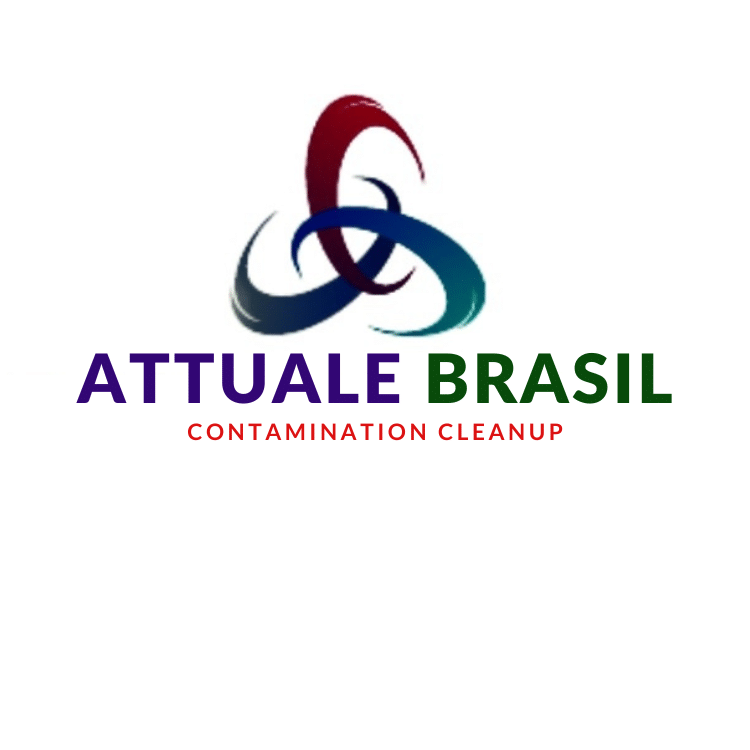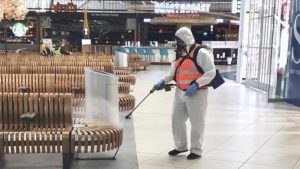After a homicide, violent assault, accidental death or other violent crime, there is often a crime scene left behind after the police complete the initial investigation. Forensic cleaners, or post-mortem cleaning, add appropriate cleaning products to the crime scene, removing residue and returning the area to its original state. In 2005, the average annual starting salary for forensic cleaners in the US was US$$35,000, according to CNN Money. With several years of experience, forensic cleaners can earn six-figure salaries in high-crime areas.
In Brazil, unfortunately, the values still don't reach that much, but they can be around 10 thousand reais depending on the situation. Some new companies on the market charge a price well below what they actually are, but you have to be wary of the quality of their services. Even if the environment does not show traces of blood or fluids, the air in the area, as well as the rest of the property, may still contain bacteria in the event of unsuccessful cleaning. And look, there are people who hire and prefer the cheap option that will be expensive in the future.
The investment to learn all the techniques for this type of cleaning and the equipment exceeds 80 thousand reais, cleaning sometimes does not pay for what we invest in training and if an accident occurs when handling highly contaminated biological material, it will not pay for the costs of health. Therefore, a reasonably high amount must be charged taking into account all the risks and the quality that will be applied in carrying out the work.
The purpose of forensic cleaning is to provide a reputable professional service to property owners following a crime or trauma.
Regular or amateur cleaning services have staff with general cleaning training, they are not equipped with the experience and training to remove blood stains, dispose of hazardous materials or remove body parts. Forensic Cleaners can offer expertise in restoring a crime scene to a safe, clean and disinfected environment.
Forensic cleaners must know how to remove blood stains from furniture, walls, carpets and decorations. In some cases these objects must be discarded.
They must also collect and dispose of body parts left after forensic work, repair physical damage done to room interiors and get rid of unpleasant odors. Postmortem cleaners can also clean places such as contaminated laboratories, areas of accumulation, suicides, natural death, industrial kitchens with high levels of dirt, places with pandemic outbreaks and in areas with harmful and deadly viruses and bacteria according to the CNNMoney.
After investigating crime scenes, forensic cleaners are called to remove paraphernalia and dispose of hazardous biological materials.
Attuale Brasil offers a Certified Technician Biorecovery training course that teaches students how to manage dangerous bio-materials found at crime scenes. This course is standard forensic cleaning training but is not required.
Those who want a career in forensic cleaning must be prepared to face crime scenes and deal with blood and decomposing biological material, as well as compassion and professionalism.
If you are interested in finding out more about our training, contact Attuale Brasil.




